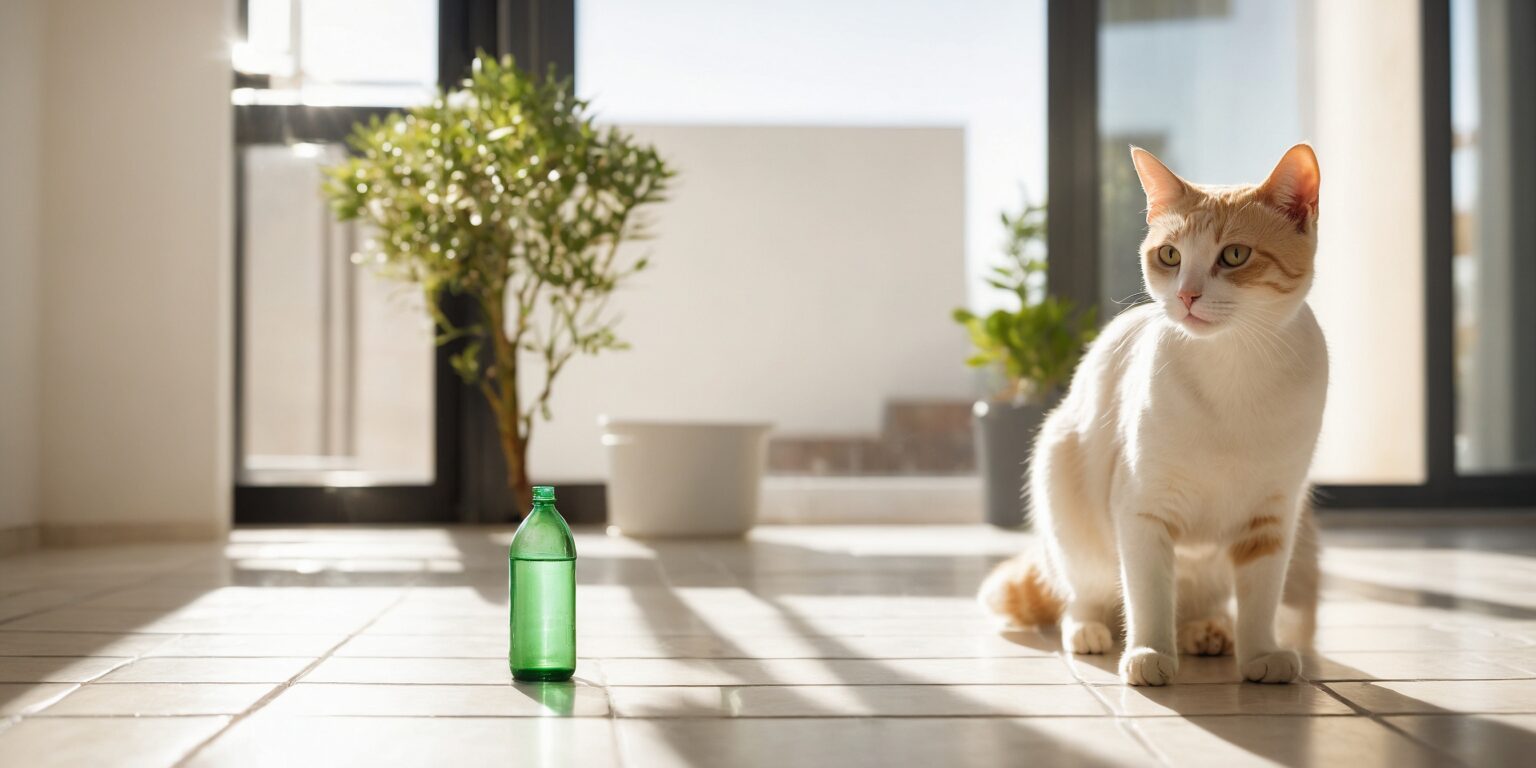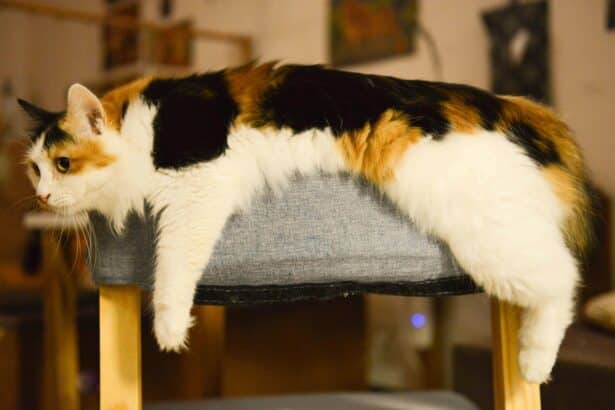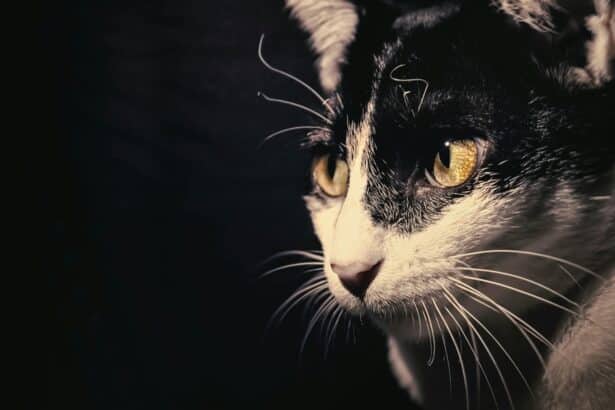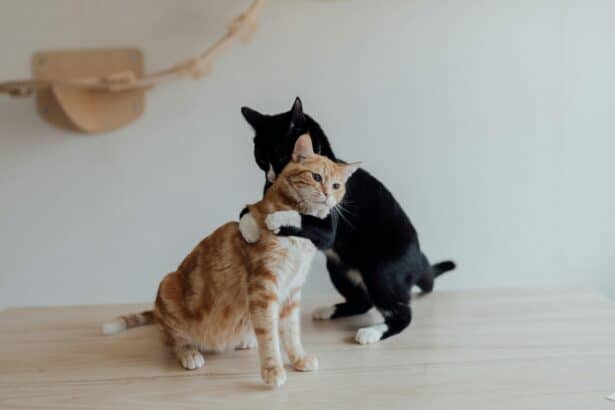Why are cats attracted to the smell of bleach?
If your cat throws themselves into a joyful roll the moment you mop with bleach, you’re not imagining things. That sharp, clean scent flips a switch in many felines, sparking sniffing, cheek rubbing, and excited wriggling. But why does it happen, and is it safe?
- Why are cats attracted to the smell of bleach?
- The scent puzzle: what bleach might mimic for cats
- Territory talk: why bleach can trigger marking behaviors
- Catnip-like euphoria: why some cats “go bliss mode”
- The risks of bleach around cats
- Poisoning and respiratory irritation
- Skin and paw-pad irritation
- Behavioral fallout: more marking, more tension
- Safer, cat-friendly cleaning alternatives
- What to do if your cat contacts bleach
- Conclusion
- FAQ
Short answer: certain bleach odors seem to echo feline chemical signals, which can stir territorial instincts and playful, catnip-like reactions. Let’s unpack the “why” and, most importantly, how to keep your home sparkling without risking your cat’s health.
The scent puzzle: what bleach might mimic for cats
- Some chlorine-based odors can resemble components cats associate with feline communication.
- Because cats rely heavily on scent, even subtle chemical notes can feel “important” or exciting.
- The result can look like the catnip effect, with rolling, cheek rubbing, and happy wiggling.
If you’ve seen your kitty lose their cool over dried catnip, the scene may feel familiar. Curious about that parallel? Have a look at how catnip works and why it drives some cats wild in this quick guide.
Territory talk: why bleach can trigger marking behaviors
- Strong cleaners can “reset” a surface’s scent, prompting cats to re-claim the area with facial pheromones.
- Some cats misinterpret the odor as a sign of another feline, and respond by marking.
- Rubbing, rolling, or even urine marking can follow, especially in multi-cat homes.
Surprising fact: many cats are more soothed by their own familiar scent than by a perfectly sanitized, scent-free room. It’s their way of feeling at home.
Catnip-like euphoria: why some cats “go bliss mode”
- Bleach odor can be an intense sensory experience, much like sniffing certain plants or spices.
- Expect temporary zoomies, rolling, and chirpy meows in sensitive cats.
- Others may ignore it completely—nose sensitivity varies from one cat to another.
Tip to try: if your cat fixates on freshly cleaned spots, lay down a washable mat that already carries their scent. It can satisfy that “must-rub-now” urge without letting them touch damp floors.
The risks of bleach around cats
Poisoning and respiratory irritation
- Ingestion can burn the mouth, throat, and stomach.
- Vapors can irritate eyes and airways, especially in small or poorly ventilated rooms.
- Warning signs include drooling, vomiting, coughing, labored breathing, or lethargy.
Keep an emergency resource handy. The Pet Poison Helpline explains what to watch for and when to seek urgent care.
Skin and paw-pad irritation
- Direct contact can cause redness or burns, particularly on sensitive paw pads.
- Let floors dry fully and rinse surfaces after disinfection.
- Wipe accidental paw splashes with lukewarm water right away.
Common mistake to avoid: using undiluted bleach or leaving residue on floors your cat walks on. Always dilute, rinse, and ventilate well.
Behavioral fallout: more marking, more tension
- Regular bleach use can unintentionally encourage re-marking as cats “reclaim” spaces.
- Some cats may urine mark on bleach-cleaned spots, complicating housesoiling issues.
- Sensitive cats can become edgy if the scent feels unfamiliar or overwhelming.
If your cat has started peeing outside the box since you switched cleaners, you’re not alone. See practical solutions in our guide on urine marking and litter trouble.
Safer, cat-friendly cleaning alternatives
Simple natural staples that work
- White vinegar (diluted): great for limescale and everyday shine, then rinse.
- Baking soda: lifts stains, absorbs odors, and is easy to rinse away.
- Black soap: a gentle multi-surface cleaner; finish with a clean-water wipe.
Original hack: freeze diluted white vinegar into ice cubes to spot-treat small areas. Rub the cube over the stain, let sit 5 minutes, then wipe and rinse—no sloshing buckets needed.
When you need disinfecting power
- Look for pet-safe enzymatic cleaners that break down organic messes without harsh fumes.
- Read labels carefully and avoid strong perfumes that can stress cats.
- Test any new product on a small area first and ventilate well.
Important: avoid using bleach on past urine spots—it can intensify odors and invite re-marking. Enzymatic products are your best ally for those.
Practical routine for a safe clean
- Clean when your cat is resting in another room; close the door until floors are dry.
- Open windows for airflow; run a fan if needed to disperse vapors.
- Finish with a rinse on high-contact surfaces and a quick towel dry.
One more safety note: never mix bleach with vinegar or ammonia—this creates toxic gases. If you’ve used one, rinse thoroughly and let dry before using another.
Curious about other scents that fascinate (or repel) felines? Explore this handy guide to scents cats love to better understand your kitty’s nose.
What to do if your cat contacts bleach
Skin or paw contact
- Rinse the area with lukewarm water for several minutes.
- Pat dry gently and monitor for redness or licking.
- If irritation persists, contact your vet for guidance.
Ingestion
- Do not induce vomiting—it may worsen burns.
- Offer fresh water to help dilute and rinse the mouth.
- Call your vet or a poison helpline immediately and describe the product strength.
Breathing issues or eye exposure
- Move your cat to fresh air right away.
- For eye splashes, flush with lukewarm water for several minutes.
- If coughing, squinting, or drooling continues, seek veterinary care promptly.
For scent-loving cats who seem drawn to your cleaning sessions, consider a distraction station: a cozy bed and a favorite toy placed in a sunny, closed room until the floors are dry. It keeps paws safe and spirits high.
Want to dive deeper into quirky feline sniffing obsessions? Here’s another curious read about why some cats love the smell of olives.
Conclusion
So, why do cats love bleach? To their super-sensitive noses, some bleach notes feel meaningful—like a message worth investigating and, sometimes, celebrating with a happy roll. But that excitement comes with real risks, so choose gentler cleaners, rinse well, and ventilate.
With a few routine tweaks, you can keep your home fresh and your feline safe—no drama, just a peaceful, clean space you both enjoy.
FAQ
Is any amount of bleach safe around cats?
Use bleach only when necessary, well diluted, with great ventilation—and keep your cat away until surfaces are rinsed and dry.
Why does my cat roll on the floor after I mop?
The scent can trigger a catnip-like rush and territorial rubbing. It’s a scent-driven reaction, not mischief.
What should I clean urine accidents with?
Use an enzymatic cleaner, not bleach. It breaks down odor-causing molecules and discourages remarking.
Are essential oils a safer alternative?
Many essential oils are problematic for cats. Stick to mild, pet-safe products and always ventilate well.







